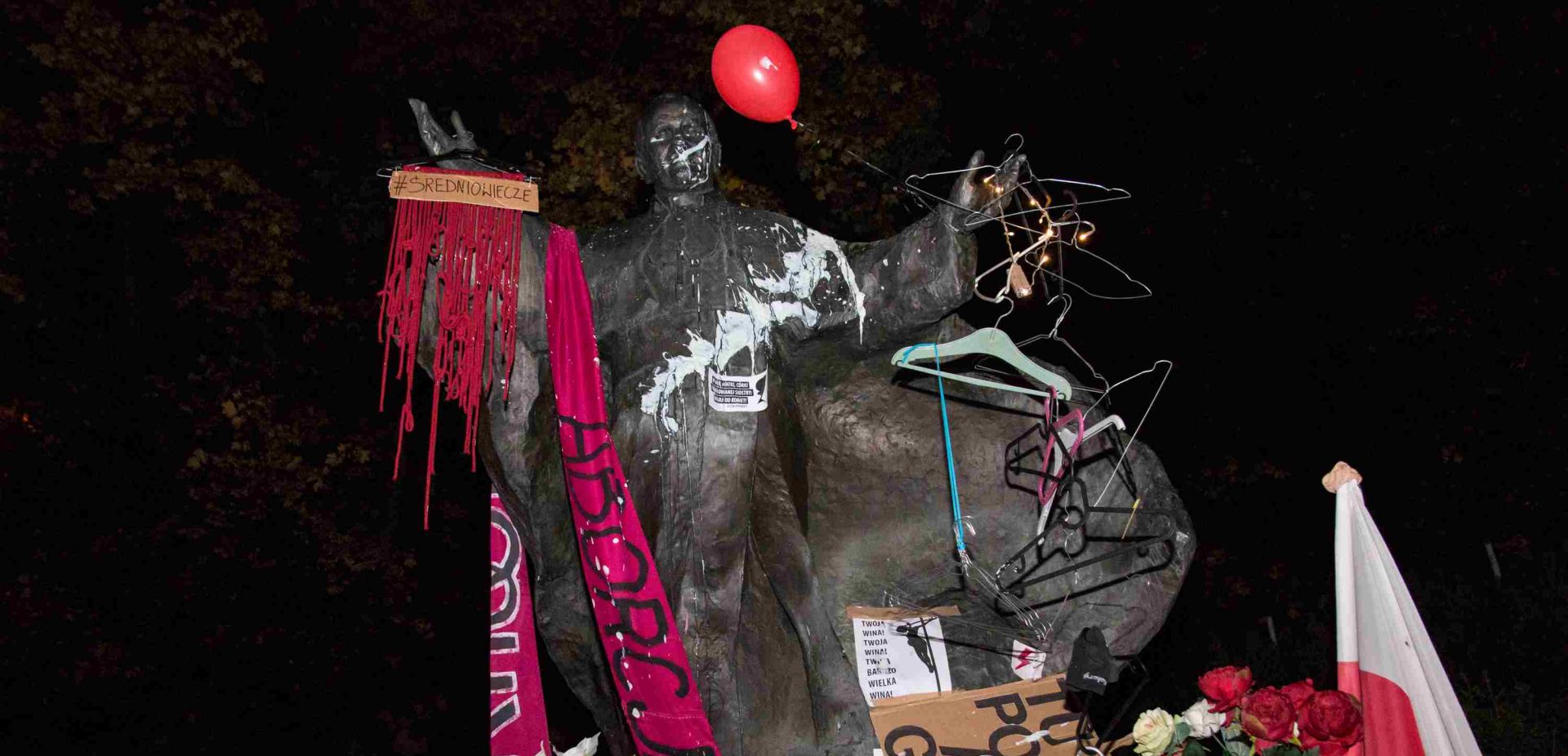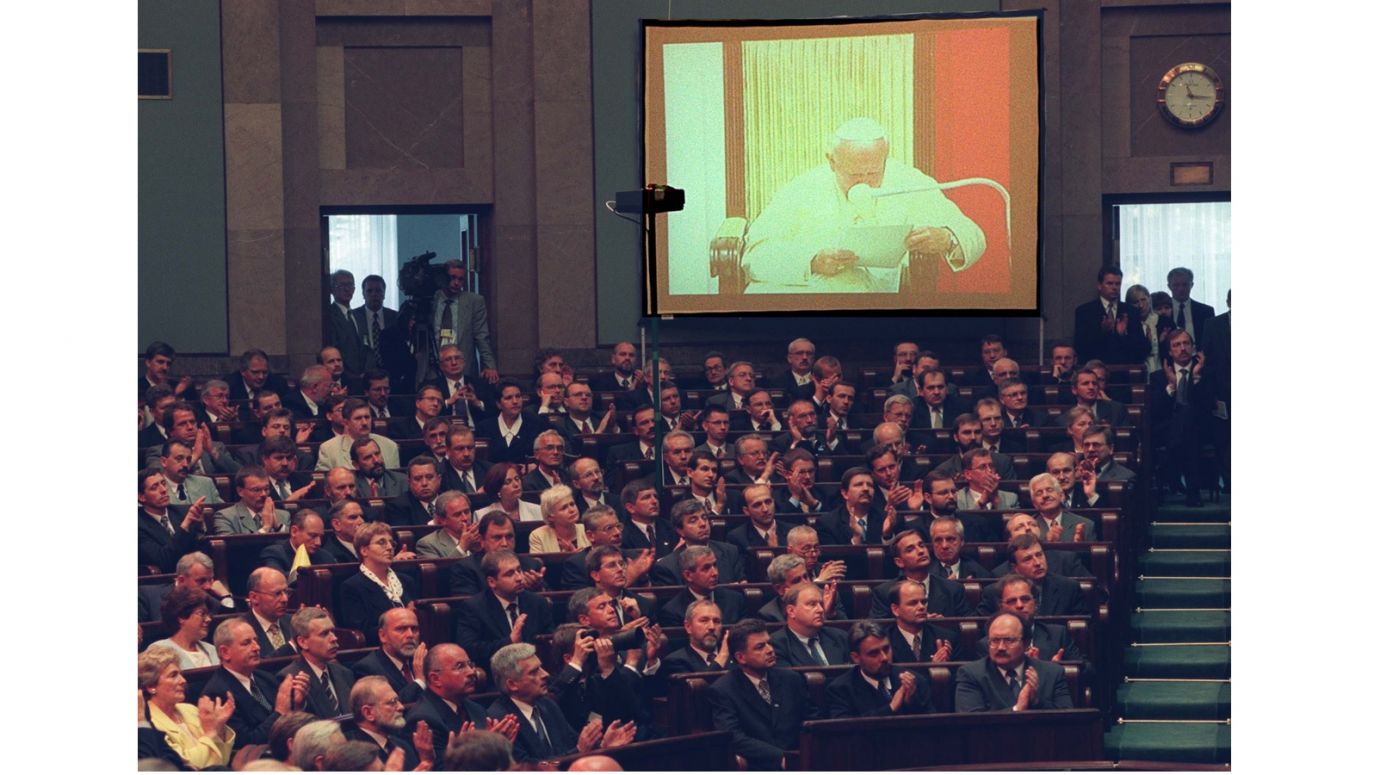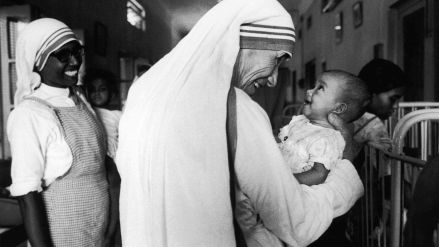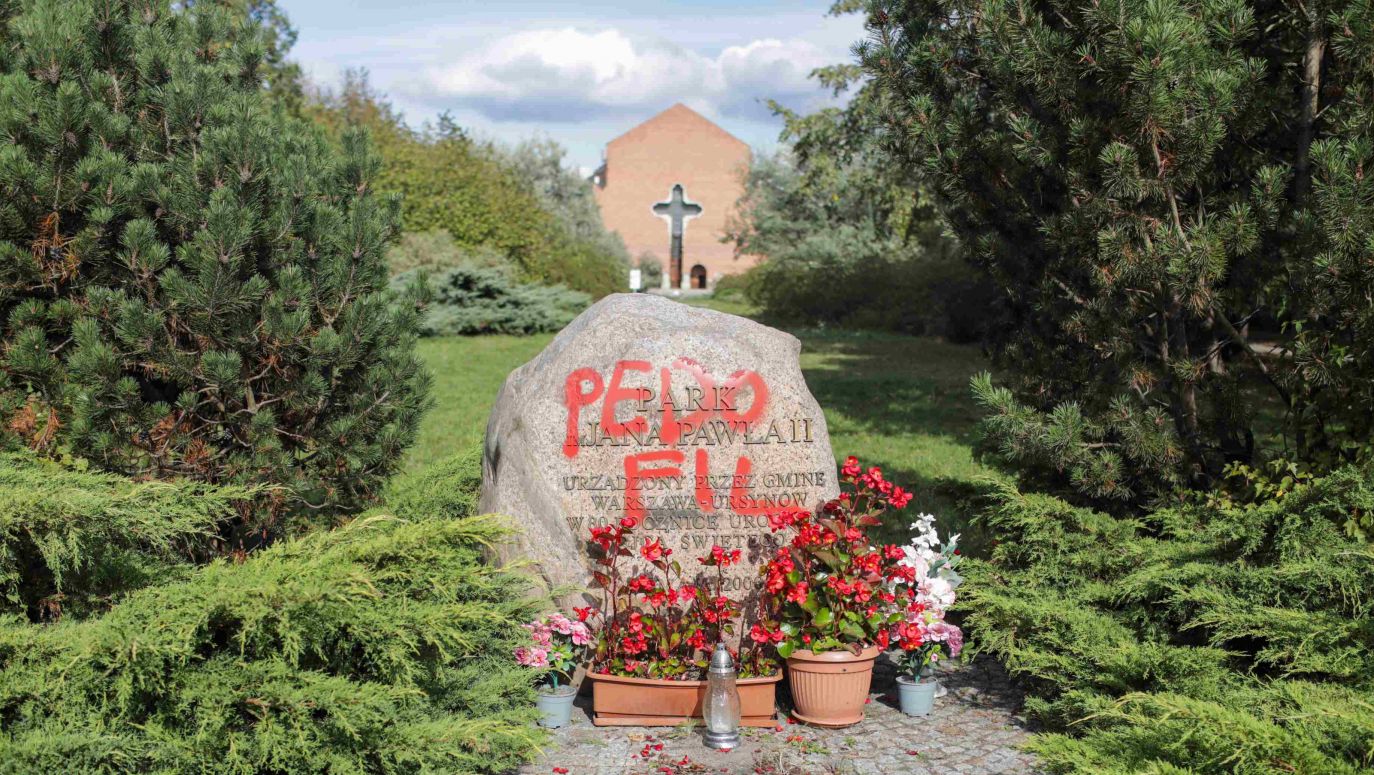One cannot believe that things could have gone this far. But why do we remain silent, why do we not stand up to defend the good name of the one whom so recently almost everyone had on their banners? Do we really have - especially us older ones - such a short memory not to remember what it was like?
Do we need to be reminded of this by the American George Weigel, John Paul II's most eminent biographer, who never had any doubts - and still has none - that "the nine triumphant days of John Paul II in 1979 marked the beginning of the end of the Yalta imperialist system, not only in Poland but in the whole of Stalin's empire. In Warsaw, Gniezno, Opole, Czestochowa, Mogiła and Krakow, John Paul II began the process by which the communist system was finally dismantled from within. This was brought about by his thirty-two sermons, in which he called not for an uprising but for a final revolution: a revolution of the spirit, in which conscience defied the fear and acquiescence by which the ''authorities held the society in an iron grip" (after George Weigel, ''The Final Revolution. The Church of Resistance and the Fall of Communism', translated by Wojciech Buchner, Poznań 1995).
I have quoted this paragraph many times in radio columns and for the "Solidarity Weekly" , in Catholic publications, but also in these pages, quoted it in classes with journalism students, dissected it. I have never ceased to be impressed and inspired by this simple, profound and unambiguous diagnosis by the American historian.
It would seem that whoever was alive at the time, whoever was in one of those squares - such as Zwycięstwa Square in Warsaw at the time, Błonia in Kraków or Błonia in Gniezno - will never forget that breath of history that we felt on our faces. And that was only the beginning. All the subsequent pilgrimages of "our" Pope to Poland - when he spoke to us, but also on behalf of us - led us to freedom and taught us about that freedom.
 SIGN UP TO OUR PAGE
SIGN UP TO OUR PAGE

Also one of the last times he was a guest of MPs and senators, when he once again reminded them of his teaching in the free Sejm. I once wrote that this was why he came to the Polish parliament - to make it clear that "today we already know how deep the work of God's power has gone". The meeting at the Sejm was not a courtesy visit. It was yet another lesson that our Pope gave to his people with the hope that it would be understood and taken up. That we would not waste it. That we will complete the revolution of the spirit.

 SIGN UP TO OUR PAGE
SIGN UP TO OUR PAGE
 Also one of the last times he was a guest of MPs and senators, when he once again reminded them of his teaching in the free Sejm. I once wrote that this was why he came to the Polish parliament - to make it clear that "today we already know how deep the work of God's power has gone". The meeting at the Sejm was not a courtesy visit. It was yet another lesson that our Pope gave to his people with the hope that it would be understood and taken up. That we would not waste it. That we will complete the revolution of the spirit.
Also one of the last times he was a guest of MPs and senators, when he once again reminded them of his teaching in the free Sejm. I once wrote that this was why he came to the Polish parliament - to make it clear that "today we already know how deep the work of God's power has gone". The meeting at the Sejm was not a courtesy visit. It was yet another lesson that our Pope gave to his people with the hope that it would be understood and taken up. That we would not waste it. That we will complete the revolution of the spirit.






